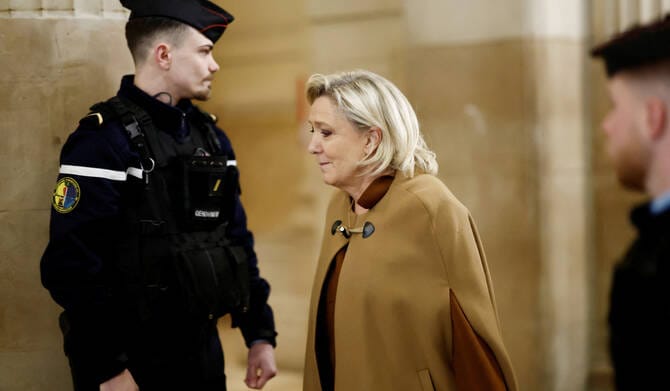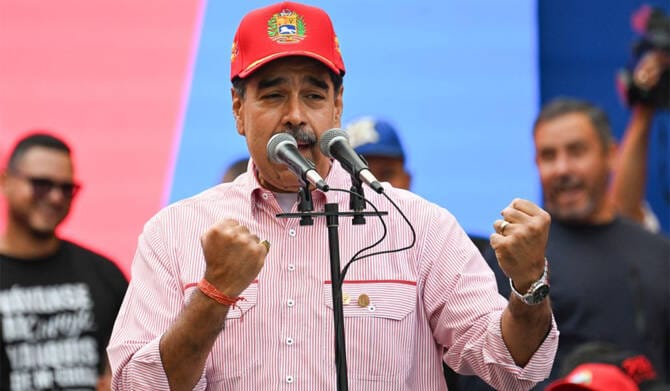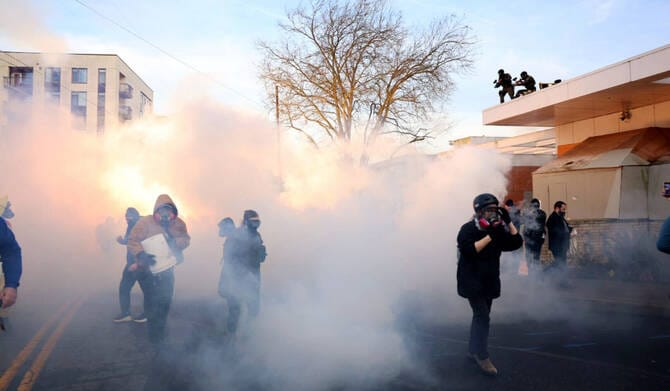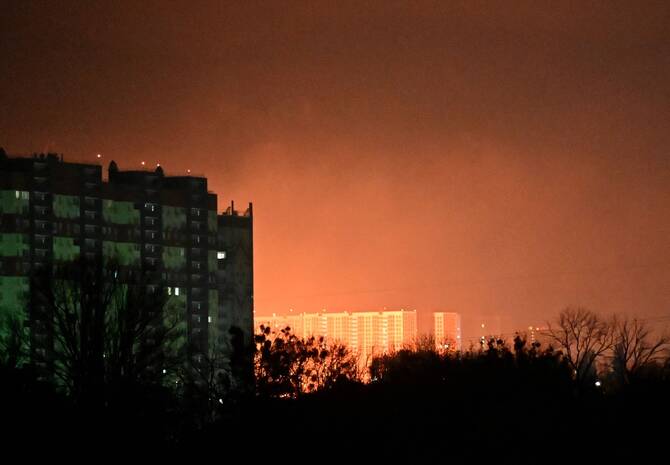Trump meets new Syria leader after lifting sanctions
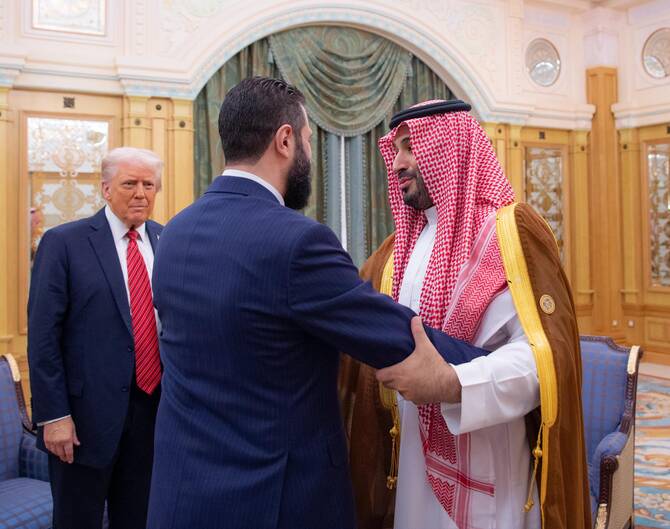
Donald Trump became the first US president in 25 years to meet a Syrian leader on Wednesday after he offered sanctions relief in hopes of offering a new path to the war-battered country.
Trump, in Riyadh on the first state visit of his second term, met with Ahmed Al-Sharaa, an erstwhile Islamist guerrilla turned interim president after the December of longtime strongman Bashar Assad.
The two held brief talks ahead of a larger gathering of Gulf leaders in Saudi Arabia during Trump’s tour of the region, a White House official said.
No US president has met a Syrian leader since Bill Clinton saw Hafez Assad, Bashar’s father, in Geneva in 2000 in a failed effort to persuade him to make peace with Israel.
Trump announced on Tuesday that he was lifting “brutal and crippling” Assad-era sanctions on Syria in response to demands from Sharaa’s allies in Turkiye and Saudi Arabia — in his latest step out of tune with US ally Israel.
Trump said it was Syrians’ “time to shine” and that easing sinctions would “give them a chance at greatness.”
Syrians celebrated the news, with dozens of men, women and children gathering in Damascus’s Umayyad Square.
“My joy is great. This decision will definitely affect the entire country positively. Construction will return, the displaced will return, and prices will go down,” said Huda Qassar, a 33-year-old English-language teacher.
The Syrian foreign ministry called Trump’s decision a “pivotal turning point” that would help bring stability.
The United States imposed sweeping restrictions on financial transactions with Syria during the brutal civil war and made clear it would use sanctions to punish anyone involved in reconstruction so long as Assad remained in power without accountability for atrocities.
Trump gave no indication that the United States would remove Syria from its blacklist of state sponsors of terrorism — a designation dating back to 1979 over support to Palestinian militants that severely impedes investment.
Other Western powers including the European Union have already moved to lift sanctions but the United States had earlier held firm on conditions.
A senior envoy of the Joe Biden administration met Sharaa in Damascus in December and called for commitments, including on the protection of minorities.
In recent weeks, Syria has seen a series of bloody attacks on minority groups, including Alawites — the sect of the largely secular Assad family — and the Druze.
Israel has kept up a bombing campaign against Syria both before and after the fall of Assad, with Israel pessimistic about change under Sharaa and hoping to degrade the military capacity of its longtime adversary.
Rabha Seif Allam of the Al-Ahram Center for Political and Strategic Studies in Cairo said that the easing of US sanctions would allow Syria to reintegrate with the global economy, including by allowing bank transfers from investors and some of the millions of Syrians who fled during the civil war.
“Lifting sanctions will give Syria a real opportunity to receive the funding needed to revive the economy, impose central state authority and launch reconstruction projects with clear Gulf support,” she said.


